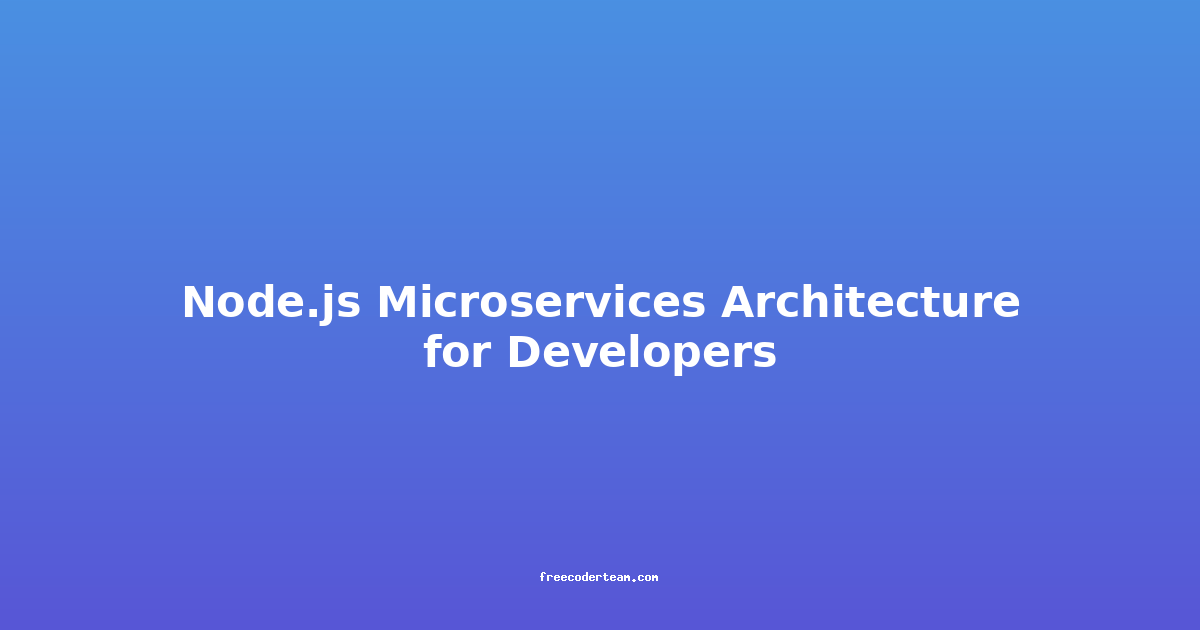Advanced PHP 8 New Features - Made Simple
PHP 8 has introduced a plethora of new features and improvements that make it more powerful, efficient, and developer-friendly. This blog post will explore some of the most significant advancements in PHP 8, providing practical examples, best practices, and actionable insights to help you leverage these features effectively.
Table of Contents
- 1. Null Coalescing Assignment Operator
- 2. Union Types
- 3. Named Arguments
- 4. Match Expression
- 5. Attributes
- 6. Constructor Property Promotion
- 7. Static Return Type Declarations
- 8. Best Practices and Actionable Insights
- Conclusion
1. Null Coalescing Assignment Operator
The Null Coalescing Assignment Operator (??=) was introduced in PHP 8 to simplify handling default values for variables. It checks if a variable is null and, if so, assigns a default value to it.
Example
$username = $_GET['username'] ??= 'Guest';
This is equivalent to:
if (!isset($_GET['username'])) {
$username = 'Guest';
} else {
$username = $_GET['username'];
}
Best Practices
- Use
??=when you want to assign a default value to a variable only if it isnull. - Avoid overusing it in deeply nested expressions to maintain readability.
2. Union Types
Union Types allow you to specify that a variable, parameter, or return type can be one of several types. This enhances type safety and makes code more expressive.
Example
function getConnection(string|mysqli $connection): string {
if (is_string($connection)) {
return "Connecting to database: $connection";
} elseif ($connection instanceof mysqli) {
return "Connection established via mysqli object";
}
}
Here, the $connection parameter can be either a string or a mysqli object.
Best Practices
- Use Union Types sparingly to avoid complex type intersections.
- Ensure that the logic within the function can handle all specified types gracefully.
3. Named Arguments
PHP 8 allows you to pass arguments to functions by their name, not just their position. This improves code readability and reduces errors, especially in functions with many parameters.
Example
function createUser(string $name, int $age, string $email): void {
echo "Creating user: $name, age: $age, email: $email\n";
}
// Using positional arguments
createUser('Alice', 30, 'alice@example.com');
// Using named arguments
createUser(
name: 'Bob',
age: 25,
email: 'bob@example.com'
);
Best Practices
- Use named arguments when the function has multiple parameters to enhance readability.
- Consider documenting the default values for optional parameters.
4. Match Expression
The match expression is similar to a switch statement but provides a more concise and expressive way to handle multiple conditions. It's particularly useful for complex conditional logic.
Example
function getDayOfWeek(int $day): string {
return match ($day) {
1 => 'Monday',
2 => 'Tuesday',
3 => 'Wednesday',
4 => 'Thursday',
5 => 'Friday',
6 => 'Saturday',
7 => 'Sunday',
default => 'Invalid day',
};
}
echo getDayOfWeek(3); // Output: Wednesday
Best Practices
- Use
matchfor simple, straightforward conditional logic. - Consider using
defaultto handle unexpected cases.
5. Attributes
Attributes (also known as annotations) allow you to attach metadata to classes, methods, functions, and properties. This is particularly useful for frameworks and libraries that rely on metadata-driven development.
Example
#[Route('/home')]
function homePage(): void {
echo "Welcome to the home page!";
}
Here, the #[Route] attribute is attached to the homePage function, indicating the URL route it should handle.
Best Practices
- Use attributes to enhance code readability and maintainability.
- Define custom attributes using the
#[Attribute]decorator for maximum flexibility.
6. Constructor Property Promotion
Constructor Property Promotion allows you to declare and initialize class properties directly in the constructor, reducing boilerplate code.
Example
class User {
public function __construct(
public string $name,
public int $age,
public string $email
) {
// No need for $this->name = $name; etc.
}
}
$user = new User('Alice', 30, 'alice@example.com');
echo $user->name; // Output: Alice
Best Practices
- Use Constructor Property Promotion for simple, immutable objects.
- Avoid overusing it in complex objects where additional logic is required.
7. Static Return Type Declarations
PHP 8 allows you to specify the return type of static methods, enhancing type safety and clarity.
Example
class Math {
public static function add(int $a, int $b): int {
return $a + $b;
}
}
echo Math::add(5, 10); // Output: 15
Best Practices
- Use Static Return Type Declarations to improve code clarity and maintainability.
- Ensure that the method's logic aligns with the declared return type.
8. Best Practices and Actionable Insights
1. Leverage Union Types for Flexibility
Use Union Types to handle multiple input types gracefully, but avoid overly complex intersections that can lead to confusion.
2. Adopt Named Arguments for Readability
Named arguments make your code more self-explanatory, especially in functions with many parameters.
3. Use Match Expressions for Concise Conditionals
Replace long if-else chains with match expressions for cleaner and more maintainable code.
4. Explore Attributes for Metadata
Attributes offer a powerful way to attach metadata to your code. Leverage them in frameworks to simplify configuration and enhance functionality.
5. Reduce Boilerplate with Constructor Property Promotion
Use this feature to eliminate repetitive code in simple constructors, but remain cautious with complex logic.
6. Enhance Type Safety
Utilize Static Return Type Declarations and other PHP 8 features to improve type safety and catch errors early.
Conclusion
PHP 8 introduces several powerful features that make PHP more expressive, efficient, and maintainable. By embracing Null Coalescing Assignment, Union Types, Named Arguments, Match Expressions, Attributes, Constructor Property Promotion, and Static Return Type Declarations, developers can write cleaner, more robust code.
Remember, the key to mastering these features is practice and understanding their use cases. Start small, integrate them into your projects, and gradually expand your usage as you become more comfortable. PHP 8 is a significant step forward, and leveraging its new features will help you write better, more efficient code.
Happy coding! 🚀
Feel free to reach out with any questions or feedback. Enjoy exploring PHP 8's new features!




